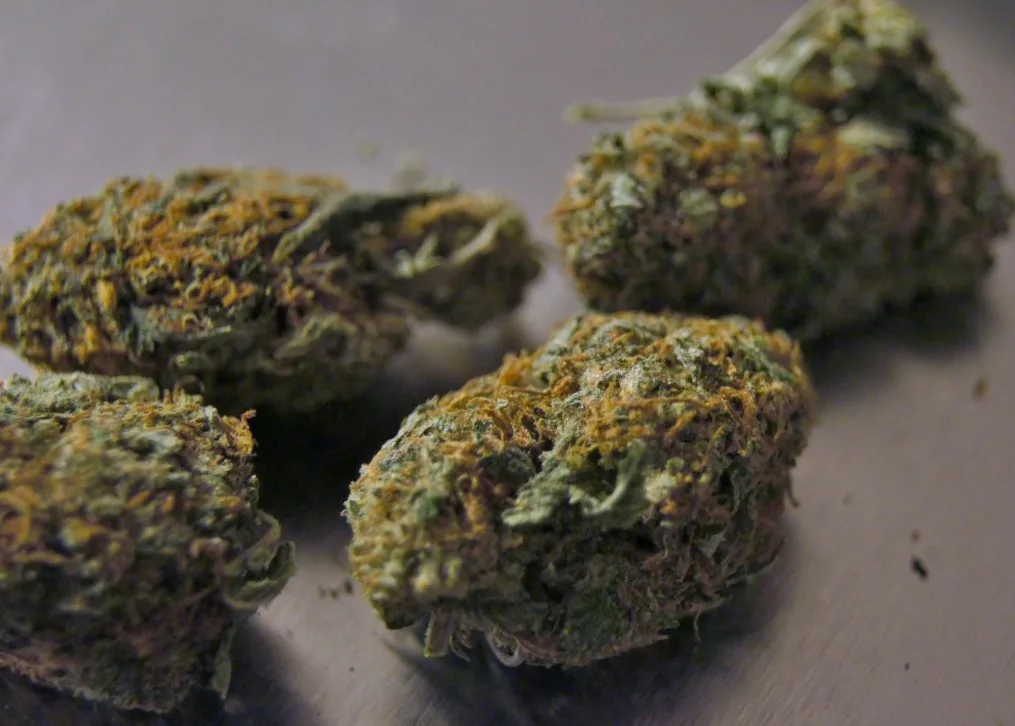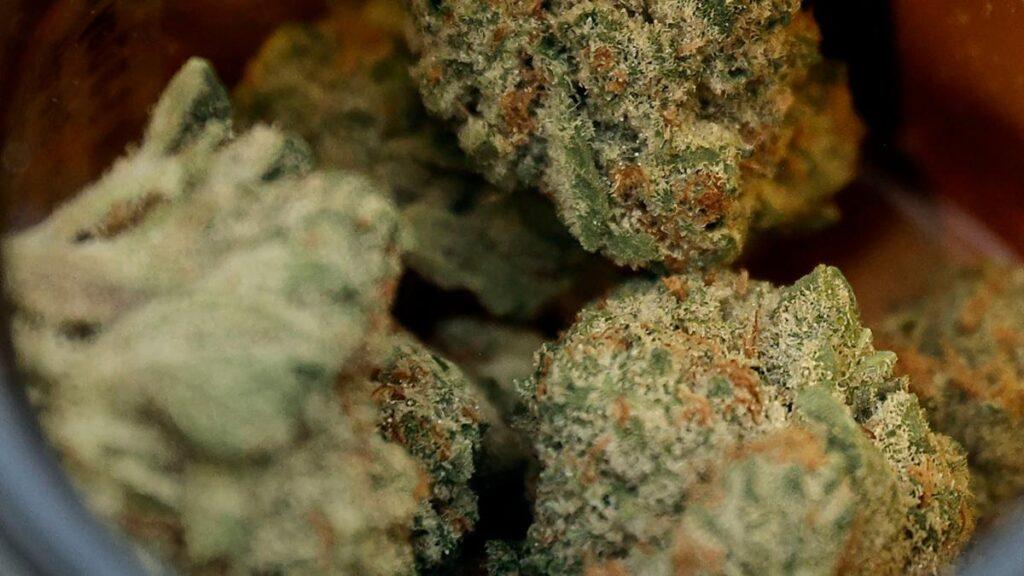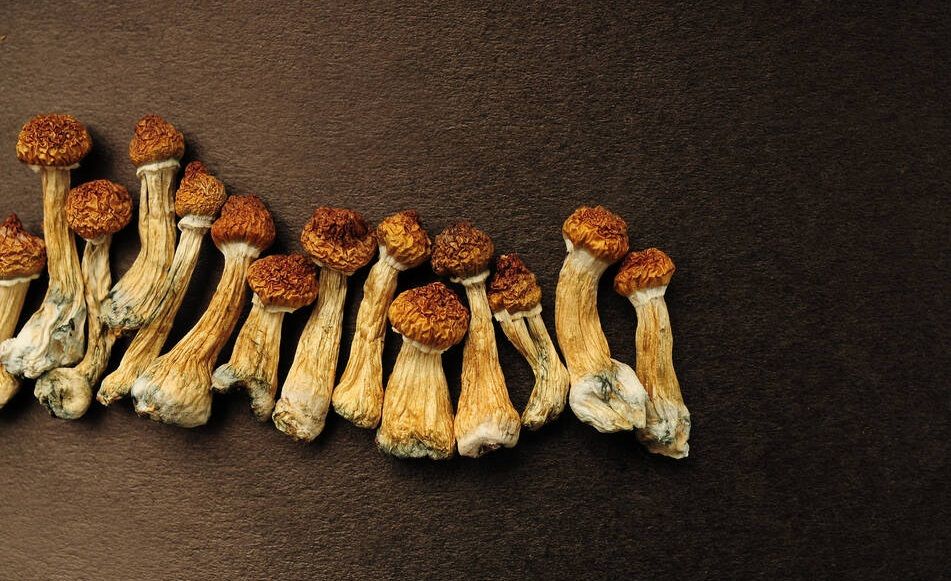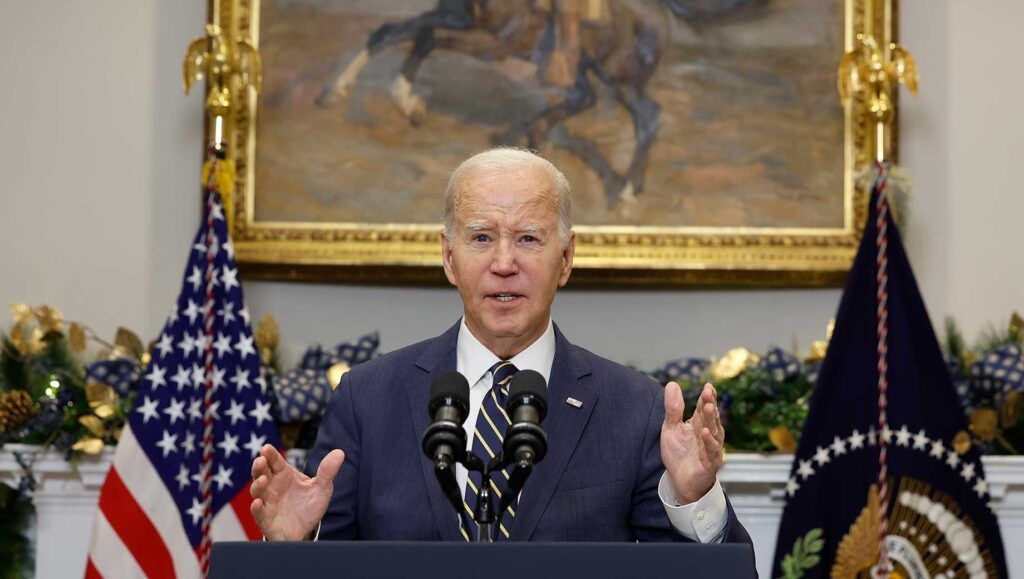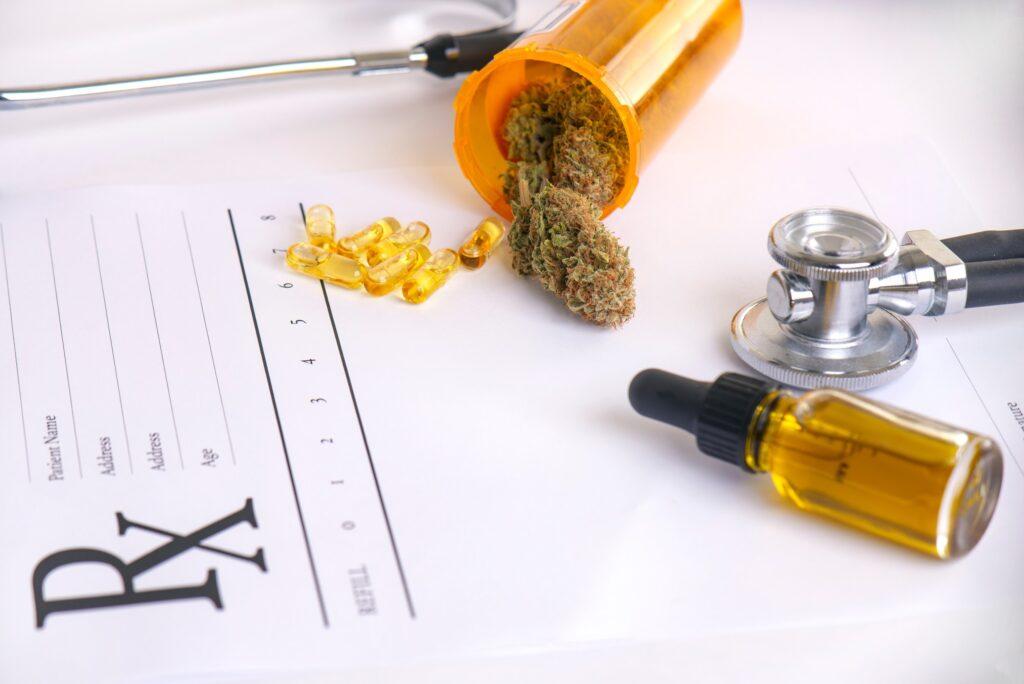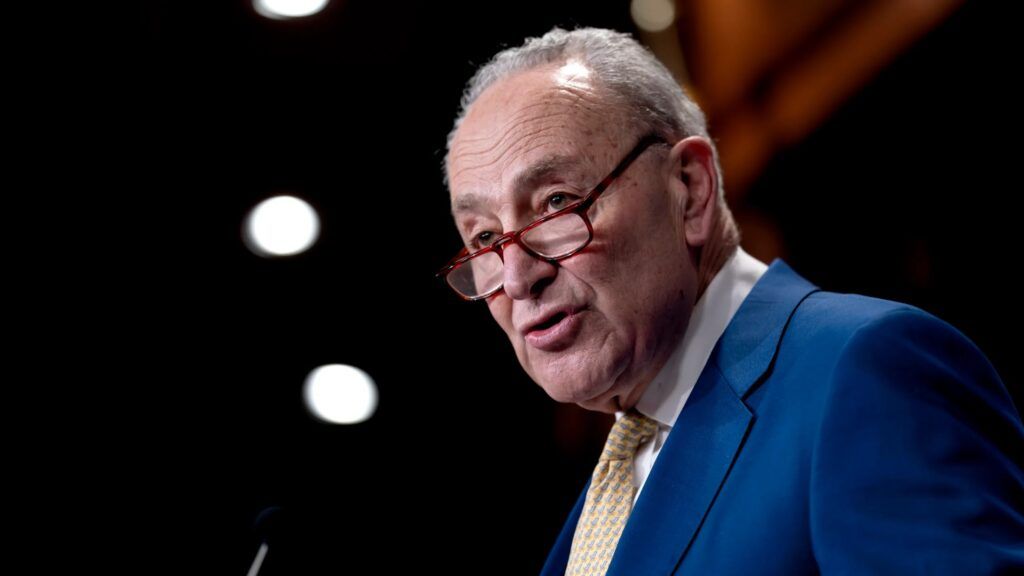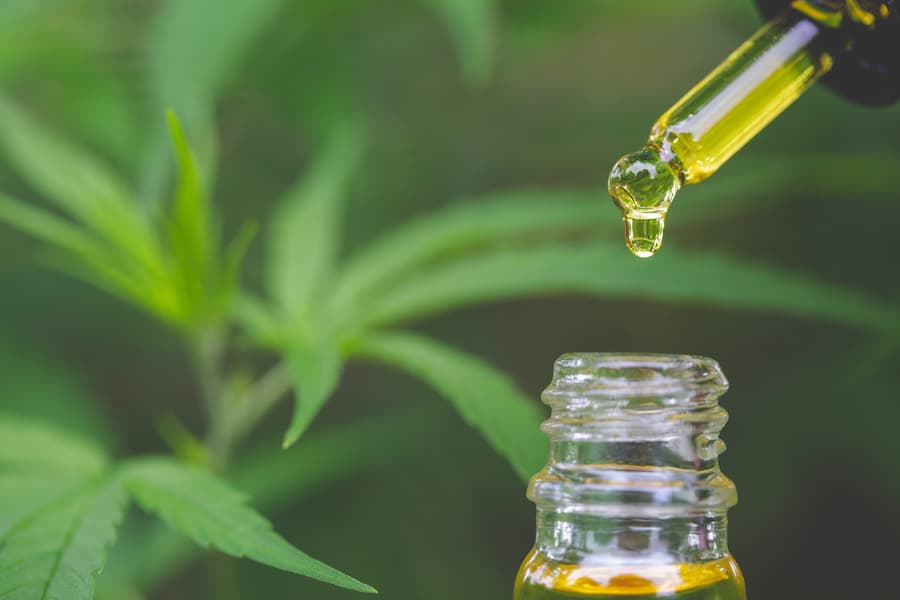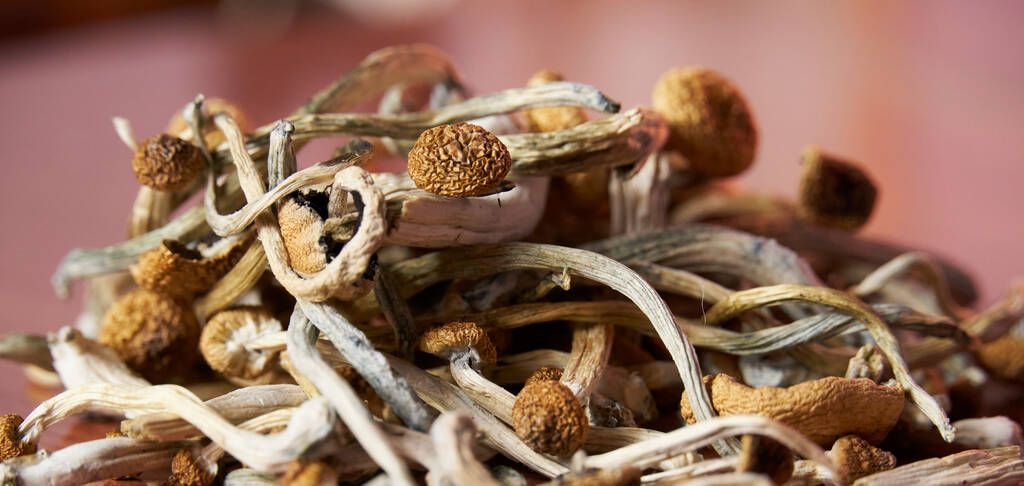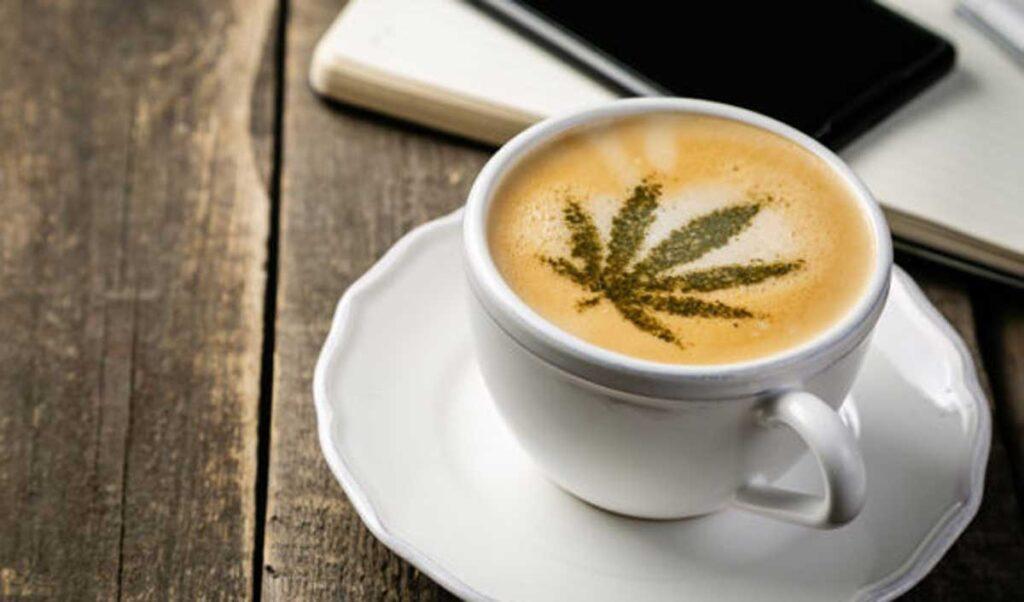Legislation to protect banks and other financial institutions that provide services to state-legal marijuana businesses has been passed by a key Senate committee in Delaware, roughly a month after it passed the full House of Representatives.

House Bill 355 was approved today through the Senate Health & Social Services Committee. On March 28, the measure was passed by the House of Representatives in a unanimous 38 to 0 vote.
Sponsored by Representative Ed Osienski and Senator Trey Paradee in partnership with State Treasurer Colleen Davis, the proposal clarifies under state law that those offering financial services to marijuana businesses are following state law and thus cannot be prosecuted.
Continue reading

